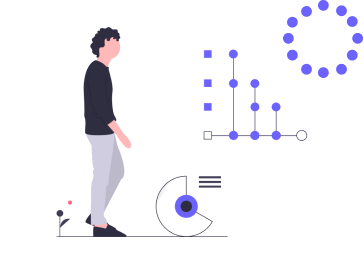The UN explains: "Energy is central to nearly every major challenge and opportunity the world faces today. Be it for jobs, security, climate change, food production or increasing incomes, access to energy for all is essential.
Transitioning the global economy towards clean and sustainable sources of energy is one of our greatest challenges in the coming decades. Sustainable energy is an opportunity – it transforms lives, economies and the planet."
